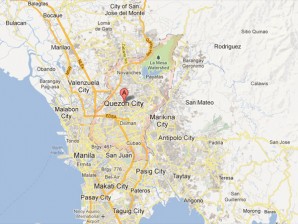
The city’s health department will set up dialysis clinics in four more health centers in the city fully-equipped with dialysis and x-ray machines, replicating the set-up at the existing Toro Hills dialysis center, which provides affordable medical treatment to indigent kidney patients.
Quezon City health office chief Dr. Antonieta Inumerable said that 10 dialysis machines, some of which were donations from the United States, have been acquired for distribution to some strategically located health centers which will be converted into dialysis centers. A dialysis center, she said, would be located in each of the five health districts of the city to make dialysis service more accessible to the residents.
Apart from the acquisition of the medical equipment, Inumerable said, several nurses have been hired to deliver the dialysis service.
The city health officer said that electrical installations at the health centers in Kamuning, Doña Nicasia and Novaliches are being undertaken to make them operational as dialysis centers while the Escopa Health Center is 90-percent complete.
The establishment of the additional dialysis centers, according to Inumerable, is part of the city’s program to improve the delivery of health services to its residents, particularly those who cannot afford the cost of hospitalization and services like dialysis.
Inumerable revealed that initially the plan included the provision of chemotherapy at the centers but the government gave this up because of issues concerning the disposal of toxic waste and the need to have doctors supervise the procedures.
She said that for indigent patients requiring dialysis two or three times a week, providing at least two free sessions of the treatment would be a big help.
Inumerable said that the service would also be made available to residents whose continuous dialysis treatments have taken a toll on their finances.